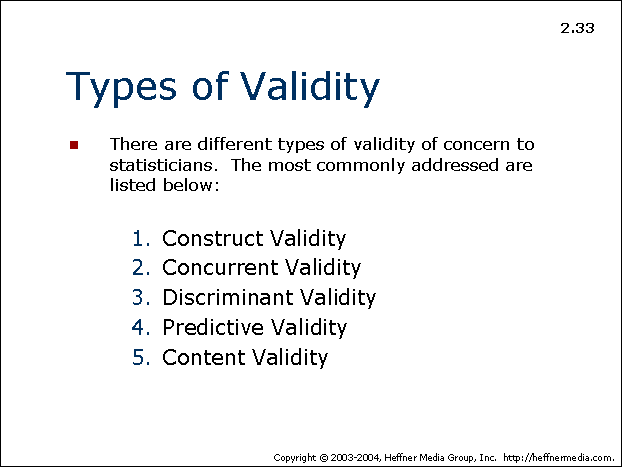General Psychology
What Researchers Learned by Reading 700,000 YouTube Comments
You’ve probably been warned not to venture into the comments section on YouTube. But a group of researchers in the United States and Canada threw caution into the wind for the sake of science, looking at a total of 774,939 comments posted on the TEDx and TED-Ed YouTube channels. In their study, the researchers used…
Read More3 Coping Strategies That Complement Each Other
Different people respond to stressful situations in different ways. To some extent, the coping strategies people use in dealing with negative events predict how those events will impact their mental health. Psychologists have found that certain coping strategies seem to work better than others. An example of a coping strategy that doesn’t appear to work…
Read MoreNomophobia: The Fear of Being Without a Mobile Phone
Perhaps you’ve experienced a jolt of discomfort after realizing you’ve left home without your smartphone. How will I find where I’m going without Google Maps? What if someone needs to get in touch with me? For some, that unpleasant feeling can spiral into sheer panic. Psychologists refer to an extreme fear of being deprived of…
Read MoreSeven Days of Kindness Can Boost Happiness
If you’re looking for a scientifically tested, step-by-step formula for becoming happier, this is probably as close as you’re going to get. That makes me sound like I’m hawking copies of a self-help book. But I’m actually just talking about a recent paper by researchers at University of Oxford, published in the Journal of Social…
Read MoreWhy Buying Experiences Can Increase Happiness
Money can’t buy happiness, but it can buy interesting experiences. Psychologists have shown that purchases of experiences tend to make people happier than purchases of material goods. To do or to have? is how researchers from University of Colorado at Boulder framed this question in a 2003 paper. They found that, generally, “to do” is…
Read MoreHow a Parent’s Touch Can Reassure
Touch can be a powerful means of communication, especially between parents and children. As the authors of a recent study explain it, “the sense of touch develops in utero and enables parent-child communication from the earliest moments of life.” Maybe this is one reason touch can be so meaningful. It allows children to communicate with…
Read MoreNight-Owl Teens at Risk for Insomnia, Behavioral Problems
Adolescents who tend toward being night owls are at higher risk for insomnia, emotional problems and behavioral problems, according to a new study from researchers in Hong Kong. Psychologists have known for a while that people with higher eveningness, who are more inclined to go to bed and to wake up later, seem to have…
Read MoreWhen You’re Sad and Play the Slot Machines
Feeling sad doesn’t always bring out the best in us when it comes to impulse control. From comfort eating to coping by drinking, people often find that their self-control slips when their mood is low. And then, apparently, there’s comfort gambling. Psychologists have long known that there’s a connection between negative mood and gambling, but…
Read MoreTeacher Involvement Can Help With Childhood Depression
Given how much of their lives children spend in school, it stands to reason that good teacher-student relationships could make a difference in children’s mental health. So a group of researchers in Belgium decided to ask: is there a link between teacher involvement and children’s subsequent depressive symptoms, and if so, how does it work?…
Read MoreBaby Boomers May Be More Receptive to Online Mental Health Treatment Than Millennials
Mental health treatment, like everything else, is increasingly going online. People are seeking out more information about mental health on the internet, and researchers are experimenting with new types of therapy that can be done virtually. Those darn millennials, wanting to be able to do everything on their smartphones! Except, there’s a twist. It turns…
Read More
